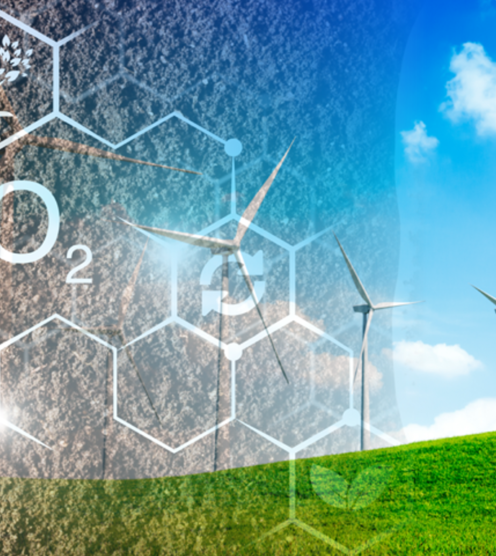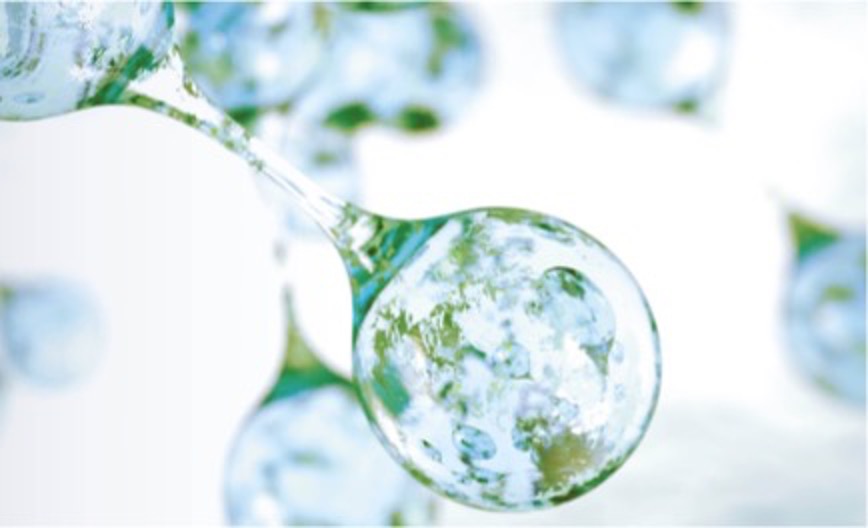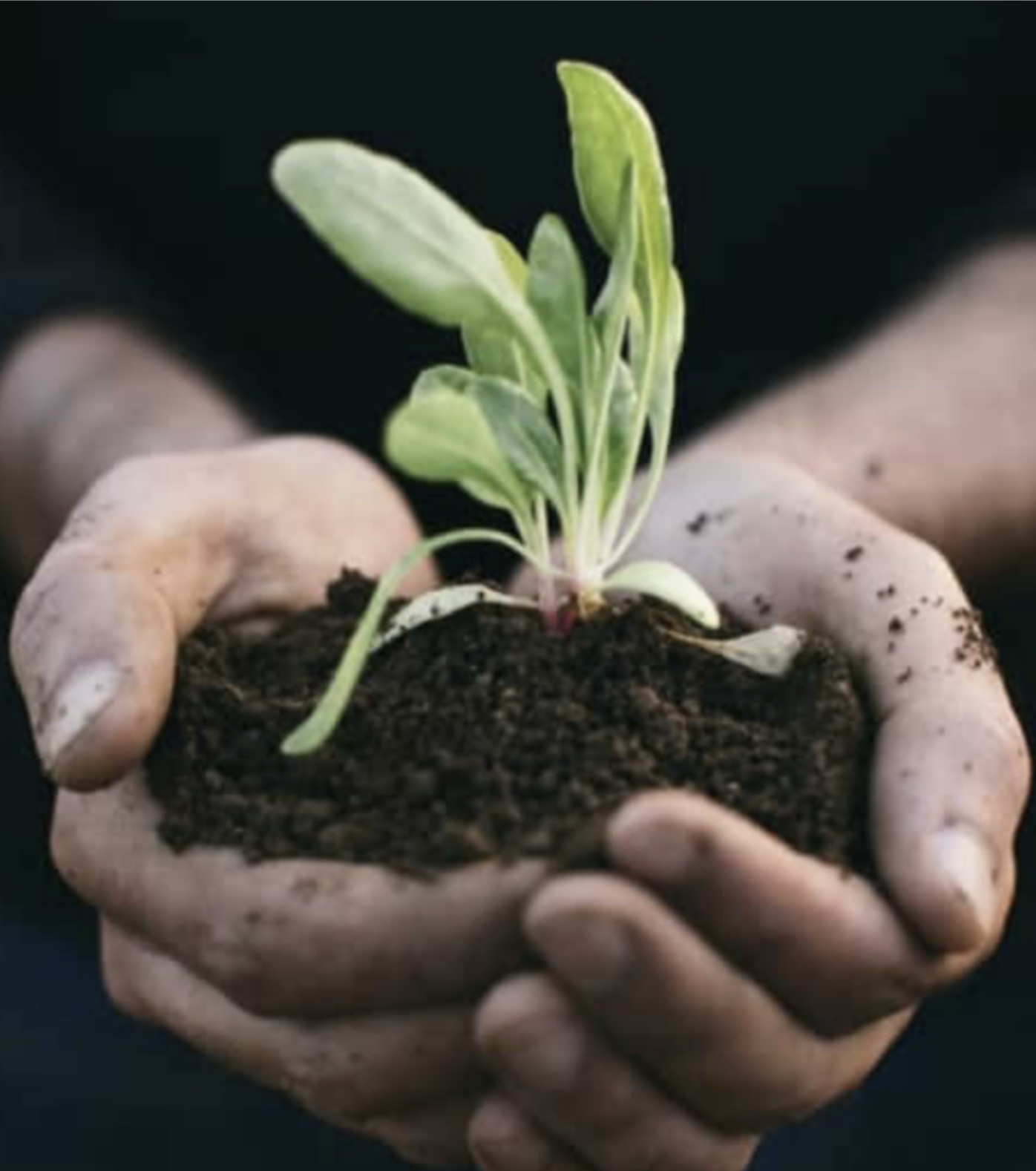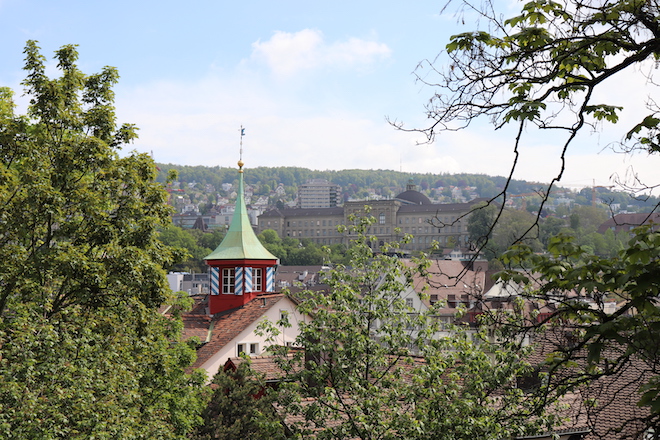
Impact Investment
We carry out projects with real impact

Impact Investments
Environmental Social Governance
With our impact investments in the ESG 8/9 area (ESG, Environmental Social Governance), we achieve a sustainable positive social and environmental impact towards the environment and generate a financial return for our investors.
Our projects in the fund meet the UN criteria for sustainable development (SDGs, Sustainable Development Goals).
We follow the disclosure regulations according to SFDR (Sustainable Finance Disclosure Regulation) and thus offer investors transparency and standardization for their investment decisions.
Hydrogen, Methanol and SAF
Production of synthetic fuel
Through the enormous consumption of coal, oil and natural gas, we pollute our planet with billions of tonnes of CO2 every year. Our mission is the sustainable production of hydrogen, methanol and SAF with leading technology providers by turning water and CO2 into synthetic fuels using electricity from renewable energy sources. Hydrogen and methanol can be used as a raw material in industry, as an energy carrier in the transport and energy sectors, as a synthetic fuel and as a storage medium. We support industrial customers and climate-conscious companies in decarbonising value chains.


Carbon Farming
Sequestration of CO2
Atmospheric concentrations of carbon dioxide, methane and nitrogen oxide are higher than they have been for 800,000 years. Climate change has already led to an increase in average global temperature of about 1.0°C above pre-industrial levels. The global temperature rise will reach the 1.5°C mark agreed in the Paris Climate Agreement as early as between 2030 and 2052; possibly sooner.
By 2050, the EU Commission wants greenhouse gas emissions to be reduced to net zero. Achieving these targets will require dramatic changes in the economy and agriculture.
To achieve these ambitious climate protection goals, not only must CO2 emissions be reduced, but CO2 must be actively removed from the atmosphere. The technical prerequisites and know-how for this are available. However, a rethinking of soil management and an interdisciplinary approach between agriculture, industry, politics and the capital market are needed.
Our «Carbon Farming» Initiative:
Biomass to Energy
Reforestation of biomass for the production of oil and biofuels
We have set ourselves the goal of carrying out reforestation in wasteland regions of North Africa in order to produce biomass for biofuels.
In cooperation with ETH & EPFL (Swiss Federal Institute of Technology Zurich & École Polytechnique Fédérale de Lausanne), an impact investment case is being developed for defined regions in Africa with access to the sea.
The entire project consists of different modules that interact with each other. The details for the following modules are being worked out.
- Seawater desalination with solar energy for the production of drinking water and water for agriculture
- Reforestation of biomass
- Production of biomass oil
- Production of biofuels (SAF)
- Transportation of biofuels (SAF)


Desalination
Sustainable production of drinking water from seawater
Countries in the Mediterranean region, the Middle East and Africa, as well as islands, have been suffering from drinking water shortages in recent years. Due to low precipitation during the summer months, there are increased bottlenecks in the water supply in these regions. Not only the inhabitants in the respective settlement areas, but also agriculture suffers from the low water supply. In recent years, water pumps have been installed to bridge the drought. However, this was only a short-term help; in the medium term, it led to new problems due to the falling groundwater level. Since these countries are surrounded by the sea and each has sufficient sunlight, a desalination plant powered by a photovoltaic system would make a valuable contribution to the production of additional drinking water.
Glass Production
New construction of a green glassworks in Brandenburg
Operation with renewable energies such as solar and wind in combination with hydrogen production.
Glass is the only material that can be recycled infinitely without loss of quality. The increased demand for bottles drives the price development and is counterproductive for the most sustainable form of food – packaging. The “Gloria” glassworks will be built in Doebern, Brandenburg, Germany. The plant will produce about 120,000 tons of glass; this is about 300 million glass containers. About 150 skilled workers will be employed. The factory has an energy demand of 150,000 MWh per year.


Current ESG Projects
Affordable living – Climate – Sustainability
In addition to our funds and project financing, social projects are equally close to our hearts. With our knowledge and experience, we create social added value. Therefore, we attach great importance to the selection of our ESG projects. It is important to us that we are socially engaged and can create sustainable added value for society.
Affordable living
The free market hardly provides affordable housing for low-income groups of the population. As part of its ESG projects, Finomics AG is committed to ensuring that housing can be created for people from the bottom two-thirds of household incomes in particular.
Projects for older people
Older people often cannot find affordable rental housing on the housing market. Since the need is great, we support social housing for older people.
You want to know more about our projects?
Finomics AG is your partner for projects in the ESG sector. We support qualified companies in planning, structuring, financing and investing their projects and engagements. Contact us now.



